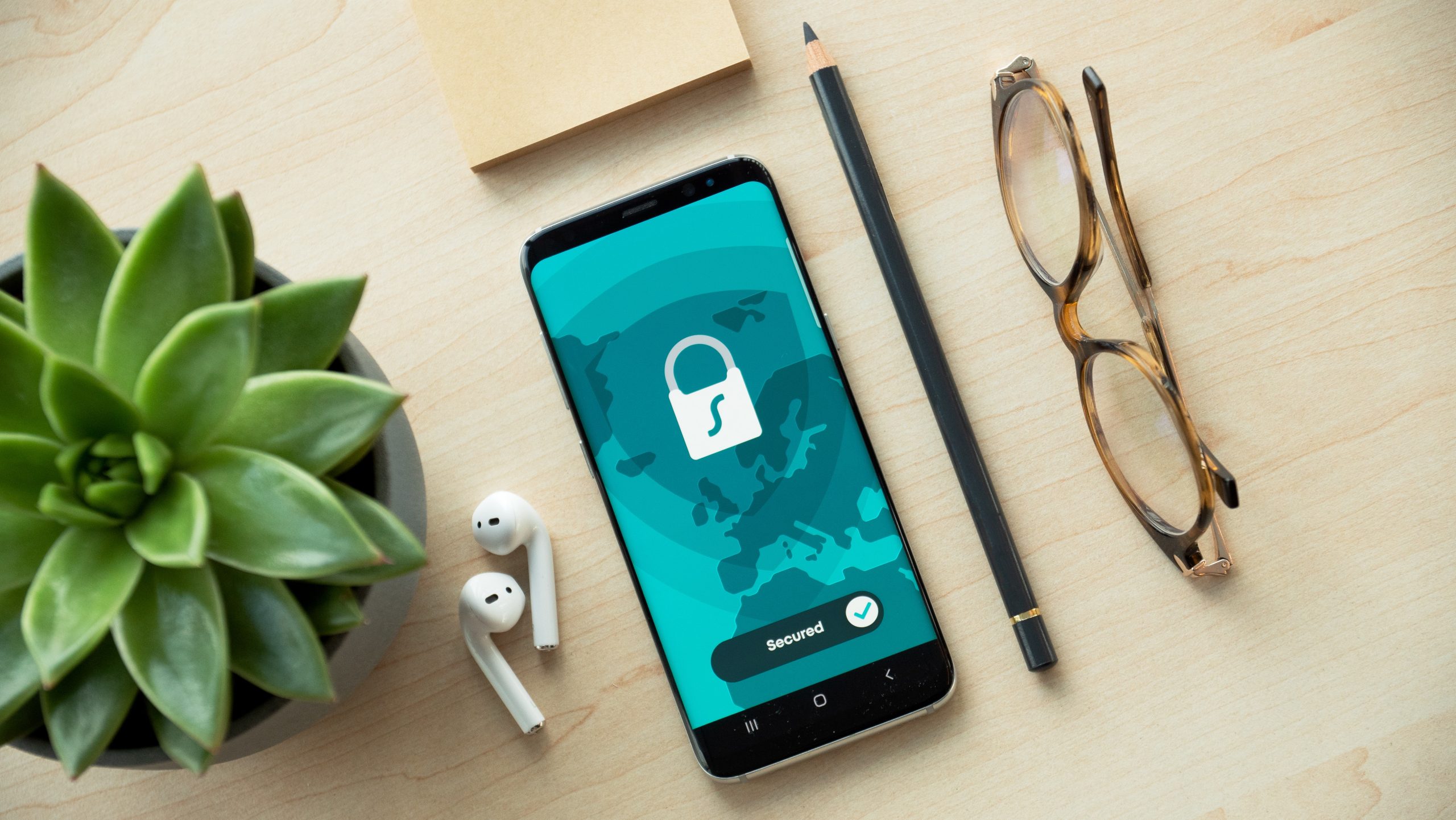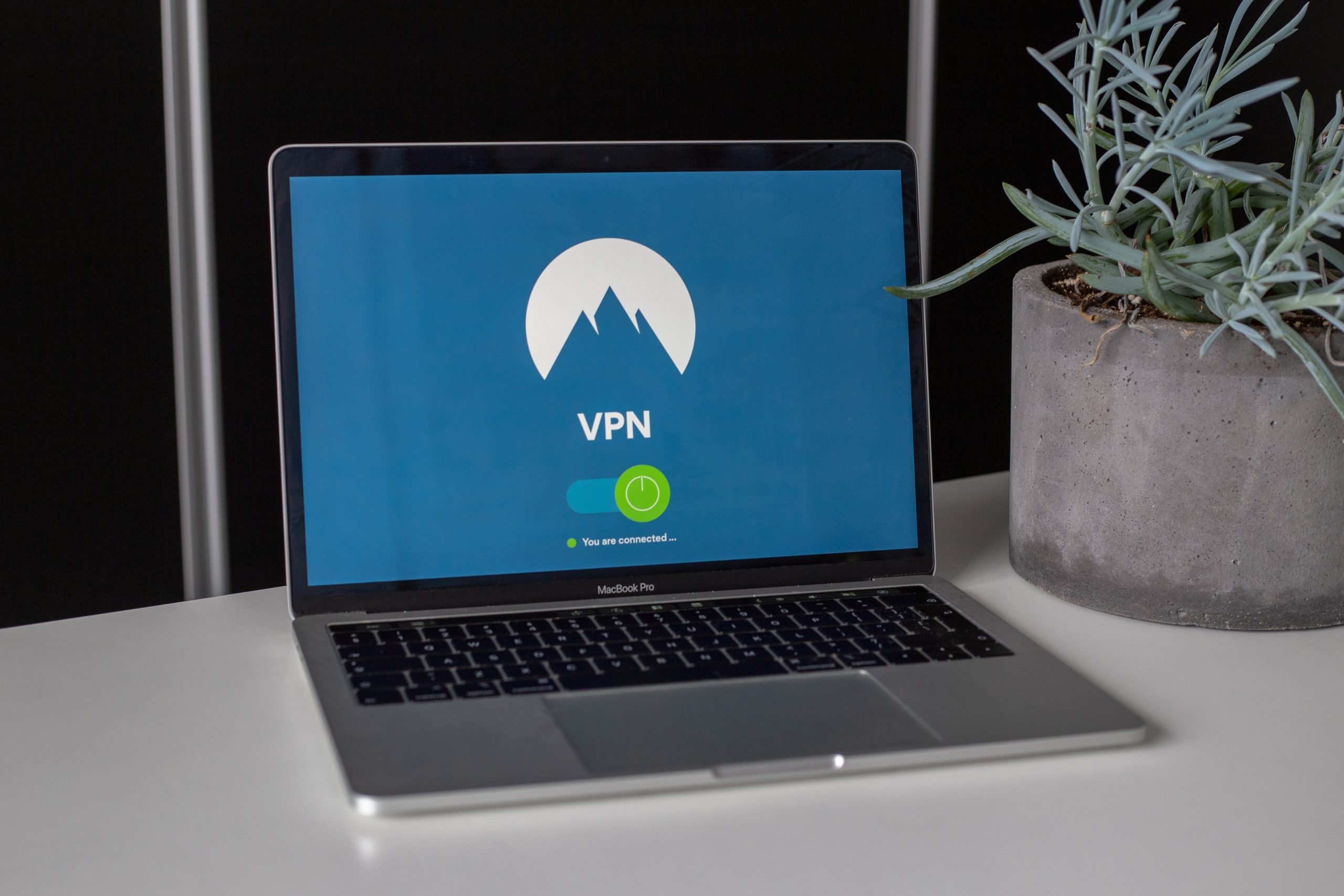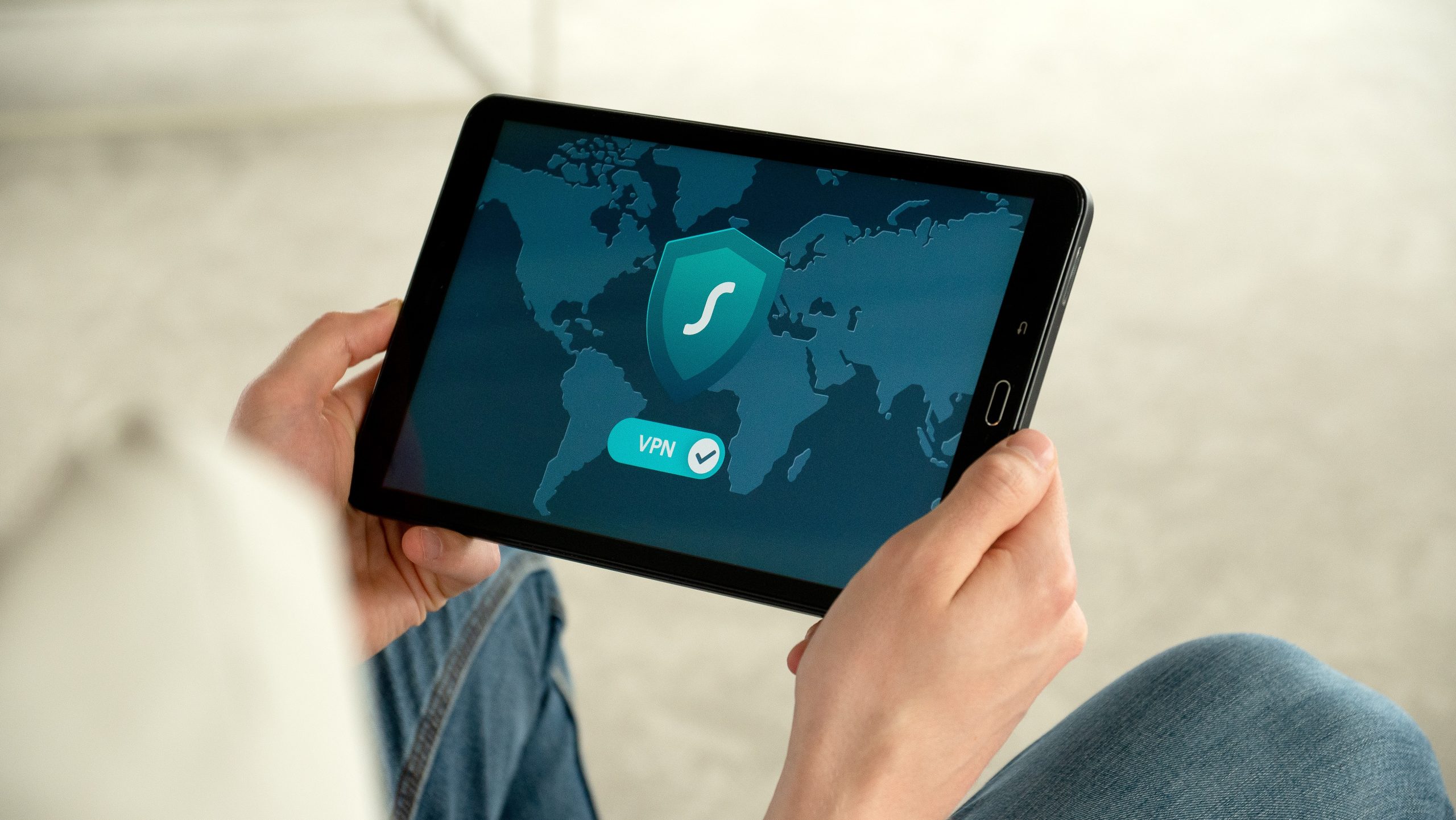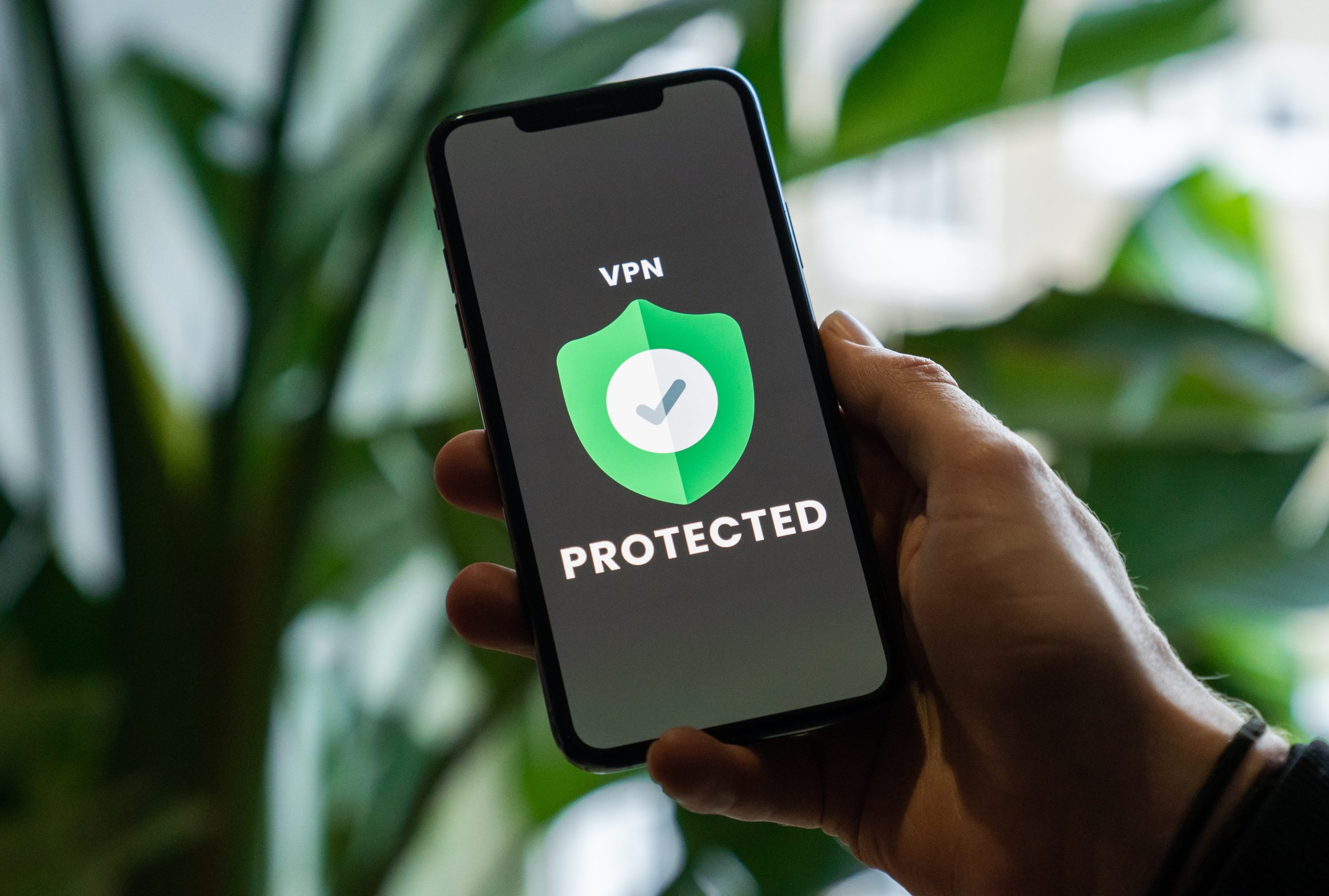In today’s digital age, it is essential for developers to take measures to protect their data and privacy. One of the most effective ways to achieve this is with a virtual private network (VPN). VPNs provide an extra layer of security when working online, allowing developers to access sensitive information without having to worry about their data being compromised.
What is a VPN?
Developers need a VPN because it allows them to securely access company resources and collaborate with their team members remotely. A Virtual Private Network (VPN) is a technology that creates an encrypted connection between two devices over the internet. It provides a secure pathway for data to travel from one device to another, protecting it from unauthorized access or interception.
When developers use a VPN, they can safely connect to company servers and databases without risking their data being intercepted by hackers or other malicious actors. This is especially important when working from public Wi-Fi networks, such as those found in coffee shops or airports, which are often unsecured and vulnerable to cyber-attacks.
In addition, VPNs also allow developers to bypass geographic restrictions on content and services. For example, if a developer needs to access certain tools or resources that are only available in another country, they can use a VPN with servers located in that country to gain access. This can be particularly helpful for developers working on international projects who need quick and easy access to resources located abroad.

Benefits of Using a VPN
Developers need a VPN because it helps to ensure their online security and privacy. A VPN encrypts all the data that goes through it, making sure that no one can intercept or read this information. This is particularly important for developers who may be working with sensitive data or proprietary code.
Using a VPN also allows developers to work remotely with ease. With a VPN, they can securely access their company’s network from anywhere in the world, without worrying about unauthorized access or cyber attacks. This not only increases productivity but also allows them to work from home or while traveling.
Finally, using a VPN can help developers bypass geographical restrictions on websites and apps that they need for development purposes. By connecting to a server located in a different country, developers can access content that may be blocked or restricted in their own location. Overall, using a VPN is an essential tool for any developer who wants to ensure their online safety and improve their workflow.

Security & Privacy Protection
Developers are becoming increasingly aware of the importance of security and privacy protection, especially as they work on projects that involve sensitive data. The use of a Virtual Private Network (VPN) has become essential in ensuring that all data transmitted between servers is secure and encrypted. With a VPN, developers can establish a secure connection to their server from anywhere in the world without having to worry about unauthorized access.
In addition to securing their data, developers may also need a VPN to bypass geographical restrictions imposed by certain websites and services. Many countries have blocked access to popular sites such as YouTube or Facebook, making it difficult for developers who rely on these platforms for research or collaboration. By using a VPN, these restrictions can be circumvented allowing developers to connect with others regardless of location.
Finally, when working remotely or traveling internationally, public Wi-Fi networks pose significant security risks. Attackers can intercept unsecured connections easily and access sensitive information such as login credentials or financial data. A VPN provides an additional layer of security by encrypting all traffic between the developer’s device and remote servers or services making it virtually impossible for attackers to intercept this information even on public Wi-Fi networks.
Improved Accessibility
Improved Accessibility is an essential aspect of web development that makes websites more inclusive for people with disabilities. Developers need to prioritize accessibility in their website design by following the Web Content Accessibility Guidelines (WCAG). These guidelines ensure that everyone, including people with visual impairments, hearing loss, or cognitive difficulties can access and use a website’s content without difficulty. Some examples of implementing improved accessibility include using alt tags for images, providing captions or transcripts for videos and audio content, and ensuring that keyboard navigation is available for users who cannot use a mouse.
Developers also need to be aware of the importance of VPNs in improving accessibility. A VPN (virtual private network) enables developers to work remotely from anywhere across the world while maintaining secure access to their company’s network resources. This feature ensures that developers can access critical company resources without being physically present in the office. Additionally, a VPN connection encrypts data transmission between networks; thereby securing sensitive information against interception and cyber-attacks.
In conclusion, developers have a responsibility to prioritize improved web accessibility while building websites. They should follow WCAG guidelines closely and consider implementing features such as alt tags for images and keyboard navigation on websites. Furthermore, it is crucial for them to understand why they need a VPN when working remotely so they can maintain security while accessing company resources from anywhere globally. By prioritizing improved web accessibility and using VPNs correctly, developers can create better user experiences while ensuring data privacy and security on their projects.

Reduced Restrictions
Developers are often limited by geographical restrictions, which can make it difficult to access certain websites and tools that they need for their work. However, with a VPN, these restrictions can be easily bypassed. A VPN allows developers to connect to servers located in other countries, providing them with unrestricted access to the internet.
Furthermore, a VPN also provides an added layer of security for developers who need to work with sensitive data. By encrypting all data transmitted through the internet connection, a VPN ensures that any data sent or received is protected from prying eyes. This is especially important for developers who may be working on projects that require adherence to strict security protocols.
Overall, reduced restrictions provided by a VPN is an essential tool for developers who need unrestricted access to the internet and an added layer of security when working with sensitive information. Without these benefits provided by a VPN service, many critical development projects would be at risk of being compromised or restricted due to geographic limitations and lack of secure connections.

Convenience & Productivity Boosts
Developers need to be productive and efficient, especially when working remotely. This is where a VPN can come in handy as it allows for easy access to company resources and enhances productivity. With a VPN, developers can connect securely to their company’s network from anywhere in the world without worrying about privacy or security breaches.
Moreover, a VPN provides convenience by eliminating the need for physical presence in the office. Developers can work from anywhere at any time, making it easier for them to manage their workload and meet deadlines. A VPN also allows developers to test applications on multiple devices while ensuring that data remains secure.
Finally, using a VPN ensures that all communication between devices is encrypted and protected from hackers or malicious attacks. This not only increases productivity but also gives peace of mind knowing that sensitive information is kept safe and confidential. In conclusion, utilizing a VPN is essential for developers who want to remain productive while ensuring that their work remains secure and accessible from anywhere in the world.
Conclusion: The Necessity of a VPN for Developers
In conclusion, a VPN is a vital tool for developers who want to safeguard their work and personal data. With the increasing number of cyber threats and data breaches, it’s essential to secure your online activities on public Wi-Fi networks or other unsecured connections. A VPN creates an encrypted tunnel that protects your internet connection from prying eyes, ensuring that no one can intercept your online traffic.
Moreover, a VPN allows developers to access geographically restricted content or services while working remotely. For instance, if you’re working on a project that requires accessing resources or websites only available in certain countries, you’ll need a VPN to bypass geo-restrictions and access them seamlessly.
Lastly, using a VPN is crucial when collaborating with remote teams on sensitive projects. Sharing information over unsecured channels puts the data at risk of being intercepted by malicious actors. A reliable VPN ensures that all communications between team members remain private and secure regardless of their location. In summary, investing in a good quality VPN is an essential step towards protecting yourself and your work as a developer.



